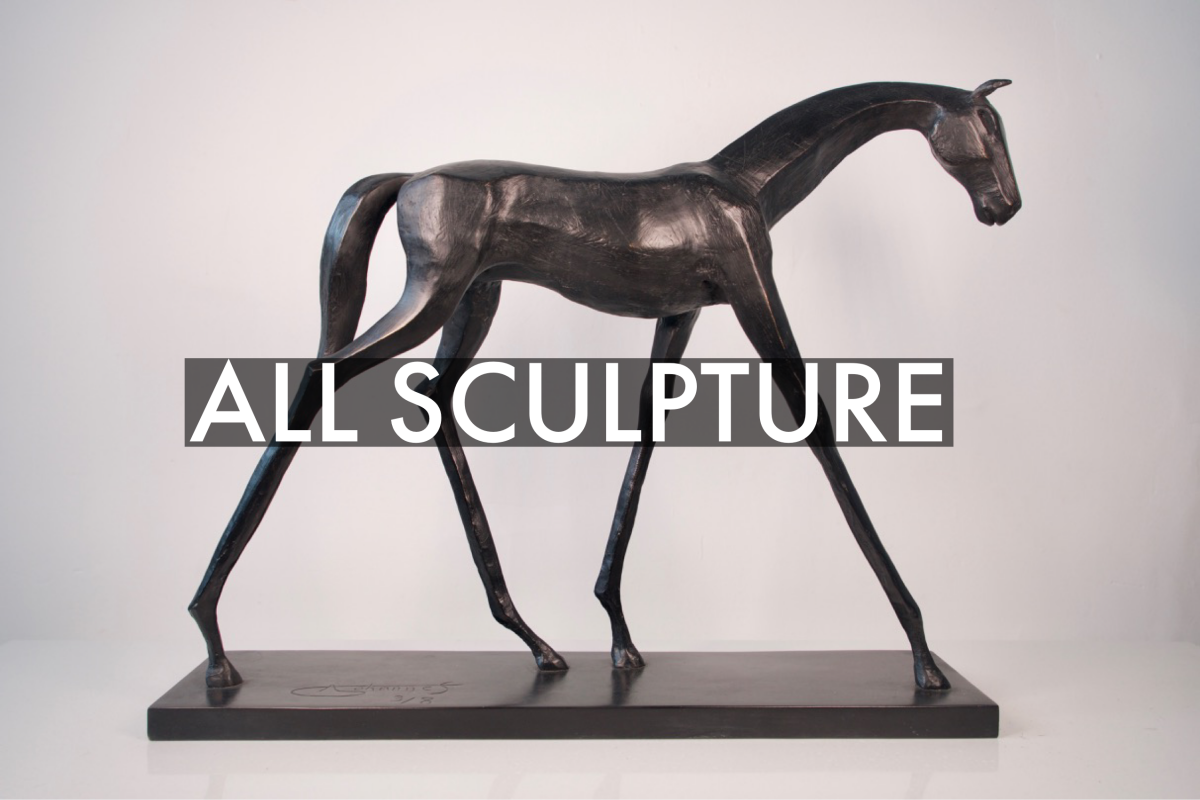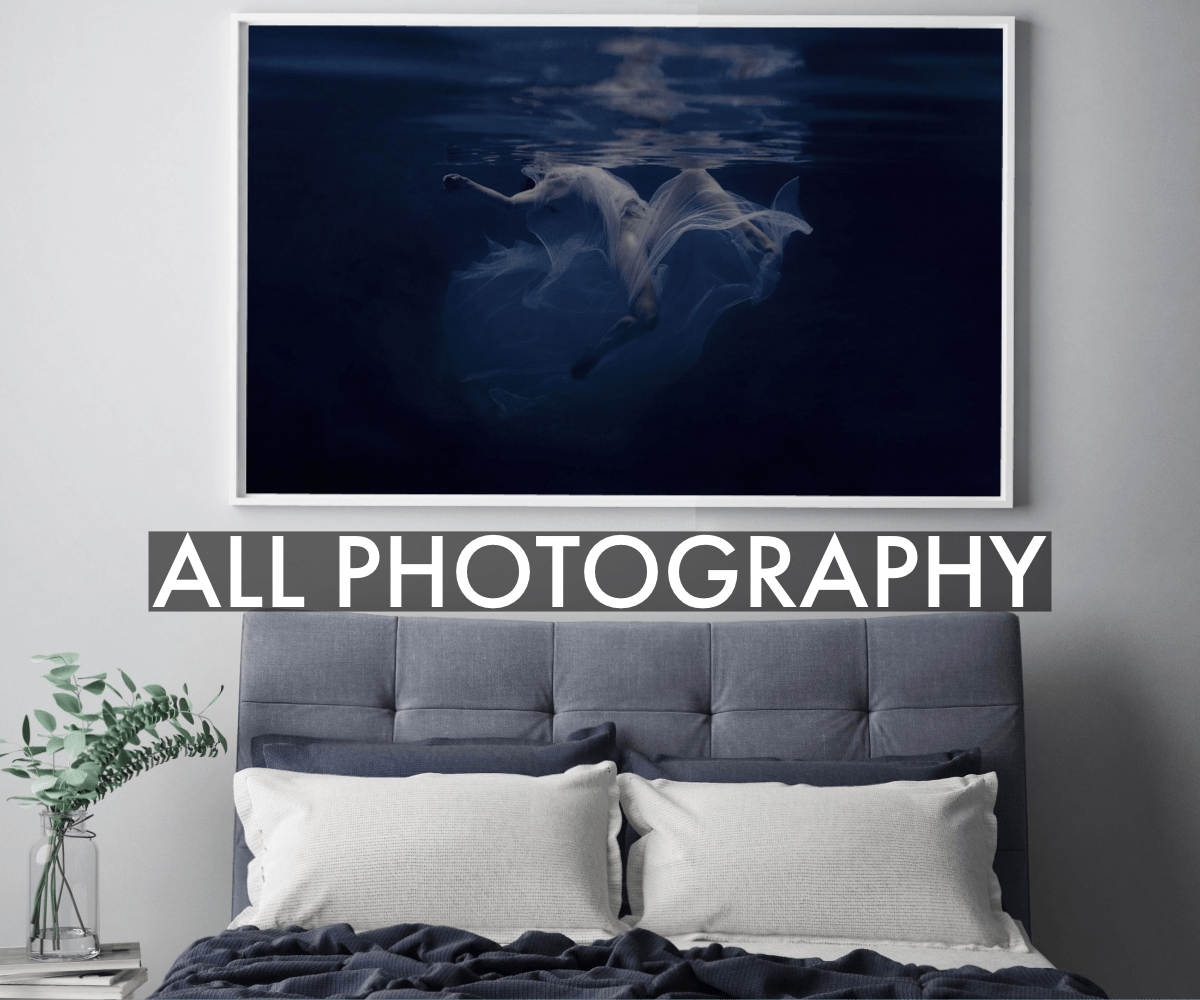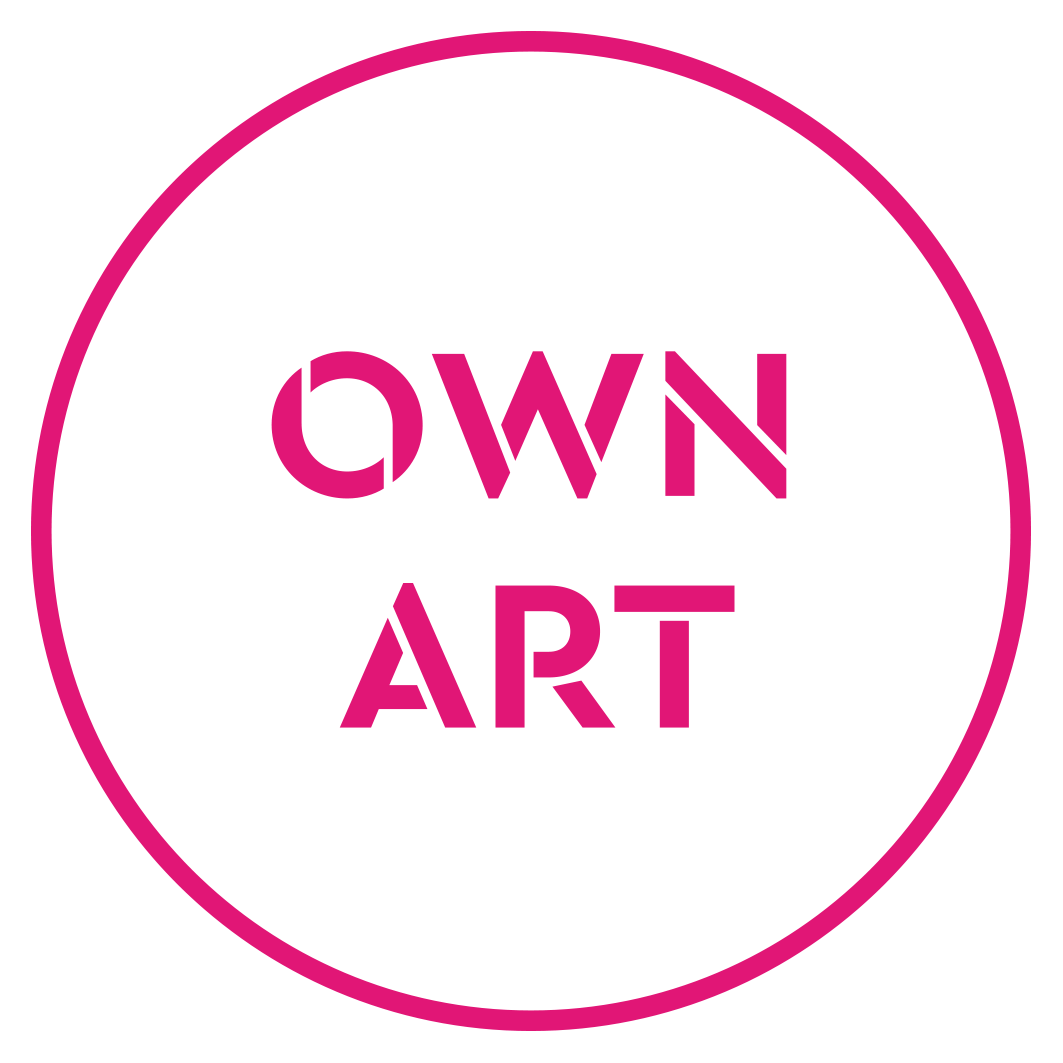Meet the artists that have taken over our Instagram every Thursday in the past month! Showcasing exclusive interviews with Marina Astakhova, Wendy Hyde, and Caroline Hall.
MARINA ASTAKHOVA
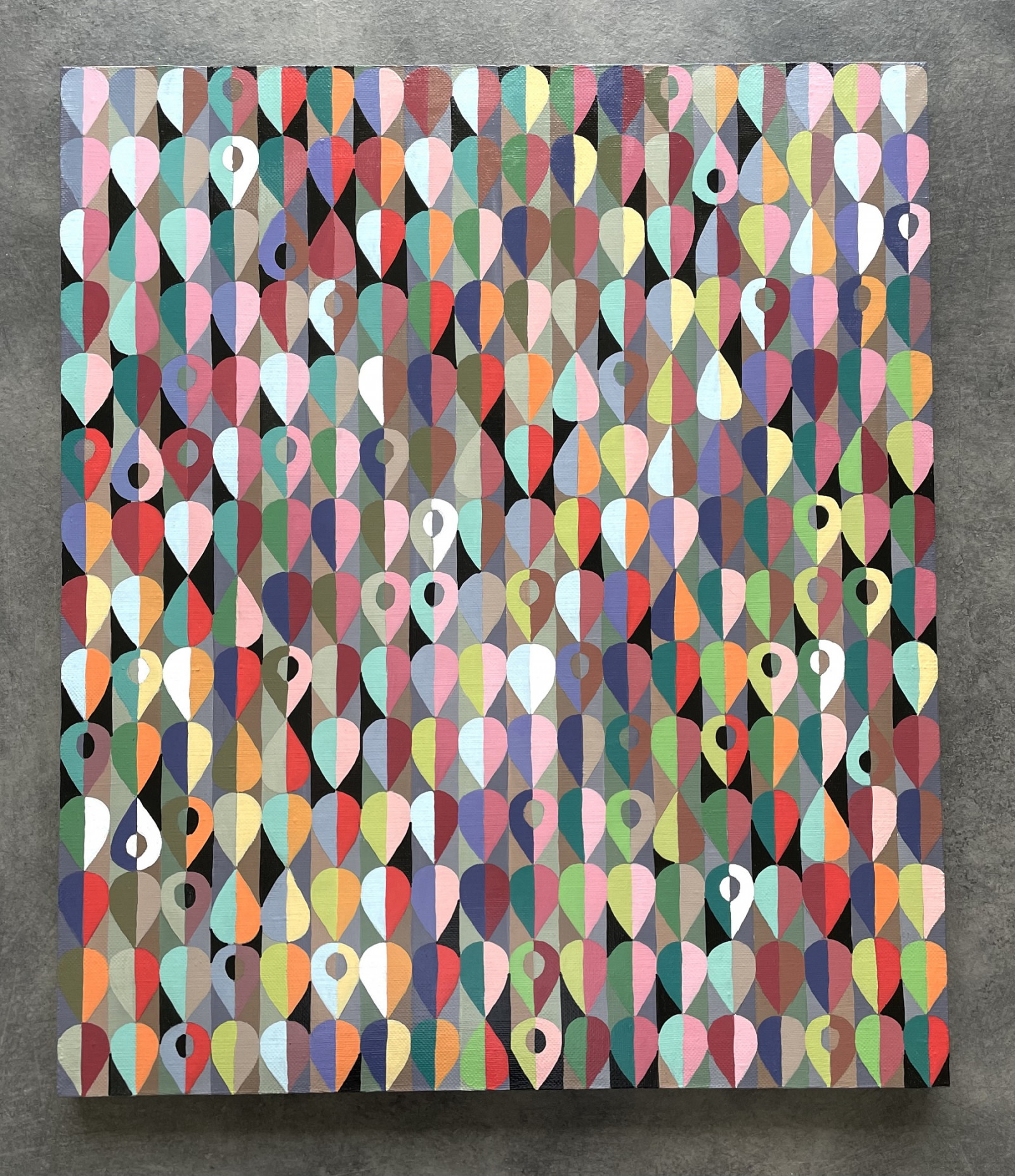
1) Walk me through a typical day in the studio for you?
MA: Mornings I start working on commissions with preset deadlines, afternoon is for work and experiments with different medias and playing with patterns and colours, which may continue by the end of working day.
2) What is something viewers might not know about your work?
MA: I like spontaneous work. Ideas from my head lead the working process, most of the time I avoid preparations and sketching – I put my dreams directly on canvas or wood panel.
3) What is the most challenging part of your process as an artist and what is most rewarding?
MA: It is always very difficult to put an end to the process of artwork improvement – great risk of overdoing. Most rewarding are positive customers’ reviews and new commissions – best rewards for artists!
4) Is there any advice you have for artists/creators during this difficult time?
MA: Please be patient and continue your artistic career, sell online if you cannot sell offline, talk about your work in social media, and lovers of your art and style will absolutely find you!
WENDY HYDE
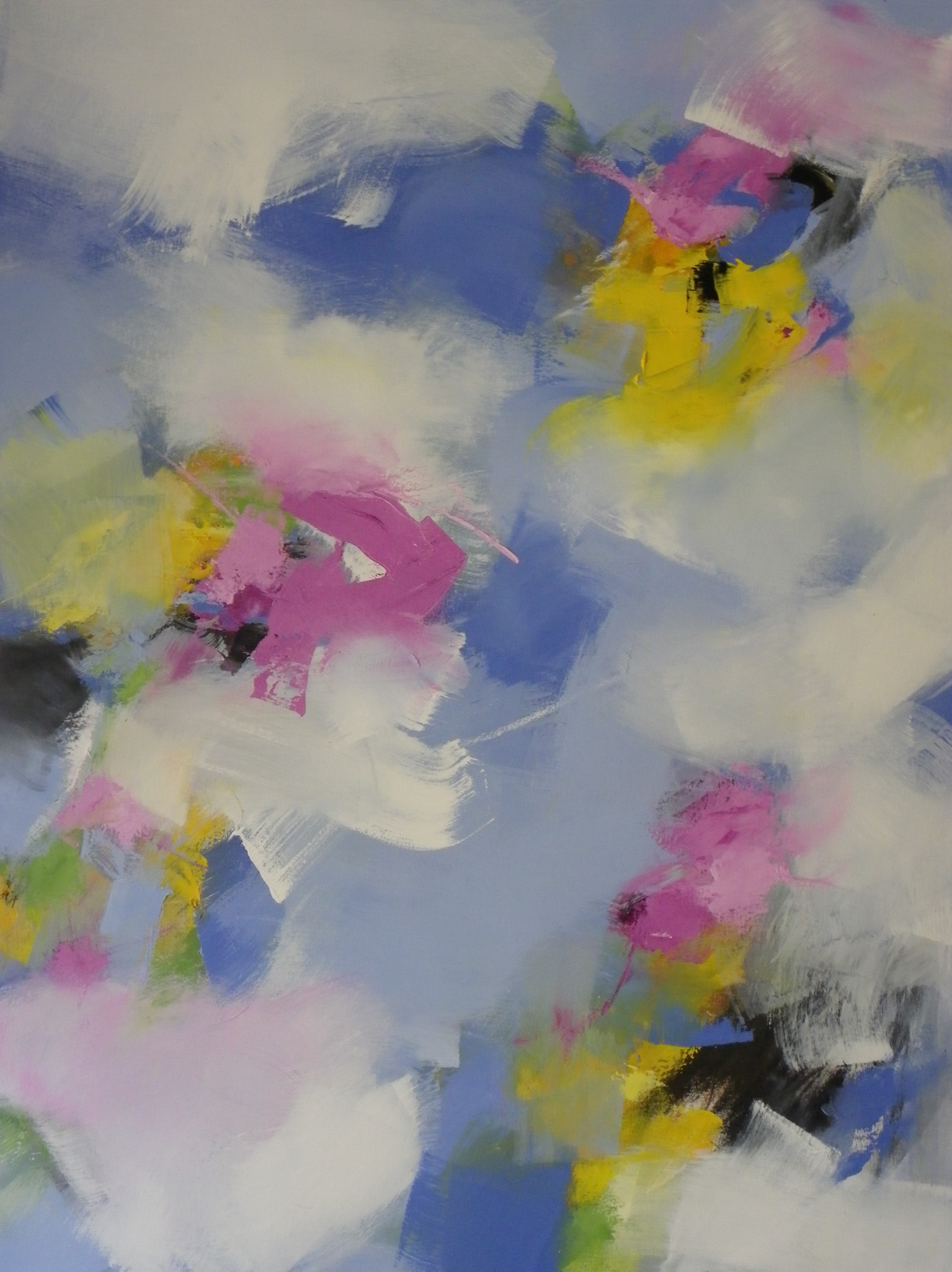
1) Walk me through a typical day in the studio for you?
WH: A typical day in the studio starts about 9.30 - 10.00. I always carry a cup of coffee down there! (the studio is in my garden). If I've been working on something the day before the first thing is to 'Look at it' and I mean really look! Looking is as important as painting for me, is it working? or not? Trying to figure it out ! If I'm starting a new piece I check if I have the materials, colours etc to start working. When using oils, I'll mix the colours first, I like to use linseed oil with the paint to give more fluidity. Then put the music on, usually jazz, or blues, loud and I begin! I'll work for 2-3 hours till lunch and then break. After lunch, I walk my dog Tess in the countryside where I live & then go home. I don't usually paint later unless I'm trying to finish something. For me it's 'a pouring out of expression' which can be intense, and about the marks that are made, and not laboured over or awkward. Sometimes I go back in later, to just look at the work, it is always interesting to look at work in varying light.
2) What is something viewers might not know about your work?
WH: I have an open plan living room, kitchen area approx 12 metres, so when a painting is nearing completion, still wet usually, I carry it from the garden into my living space and hang it there! This means while I'm preparing the evening meal, or doing chores I can look at the work, and see if it's working. (My studio space is too small to do this). When it's not working, or a part of the work is not unified, this action helps me to figure it out, or try to figure it out! Sometimes this can take weeks or longer. The good thing with oil is it stays wet so you can work 'back into it'. Sometimes I come down in the morning, and can see straight away. I do get told off for getting paint on the walls though!!
3) What is the most challenging part of your process as an artist and what is most rewarding?
WH: The most challenging part is the isolation, and also the fact that I have been painting for over 20 years now, so choosing what to paint, and what to express gets harder in the sense that I need to feel satisfied with what I produce: my own demands are higher. The most rewarding part is when it works! When everything comes together scale, colours, space, form, marks, expression, what the painting is about (the title). It is the most satisfying feeling. As Frank Auerbach said 'painting is the best game i've ever played'!
4) Is there any advice you have for artists/creators during this difficult time?
WH: My advice for artists is to :”keep on, keeping on”. What other option is there?
CAROLINE HALL
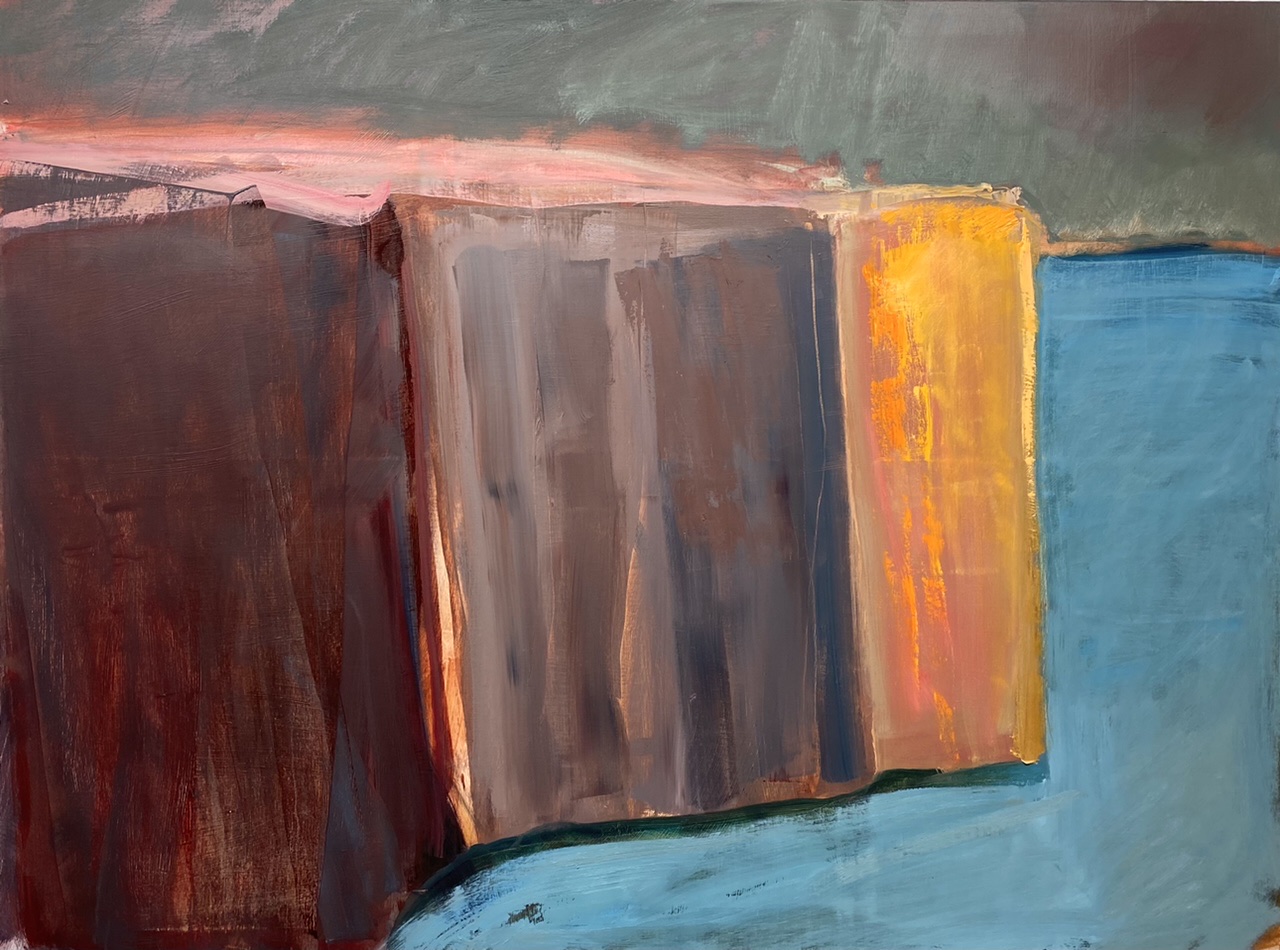
1) Walk me through a typical day in the studio for you?
CH: A typical day in the studio starts as soon as I walk through the door. A painting, like always, looks different in the morning and sometimes when I arrive with my cup of coffee it is good just to sit and absorb it with fresh eyes. I have learnt the hard way that it is often better to leave something for a few days rather than worry away at it, but sometimes the temptation is too great! The painting process starts with colour mixing - getting my palette ready with a good quantity of paint so that I don’t have to keep stopping. A day in the studio is usually no more than a few hours as it is very easy to get too immersed in the work. I am an expressive painter and I have to stop at the point the paints on my palette start to look muddy. At that point I will scrape off any clean mixture ready for the next day and give my palette and brushes a good clean. I am one of those artists who needs to clear up at the end of a session - maybe that helps clear my head!
2) What is something viewers might not know about your work?
CH: Many of my paintings, particularly my small Hampshire landscapes, look like they were probably painted in one or two sessions but they usually take weeks and involve much scrubbing out and reapplying before I am happy with the final result.
3) What is the most challenging part of your process as an artist and what is most rewarding?
CH: The temptation to add every detail into a painting is my biggest challenge. As a landscape painter, I want to include everything, but the real skill is to remove the detail and get to the essence of the place. For my Yosemite paintings that was easy because the extraordinary Autumn foliage meant they just had to be about colour.
4) Is there any advice you have for artists/creators during this difficult time?
CH: Keep creating and don’t let yourself lose momentum. If you are finding it all too much of a struggle, join one of the many artist groups online to remind yourself that you are not alone.


